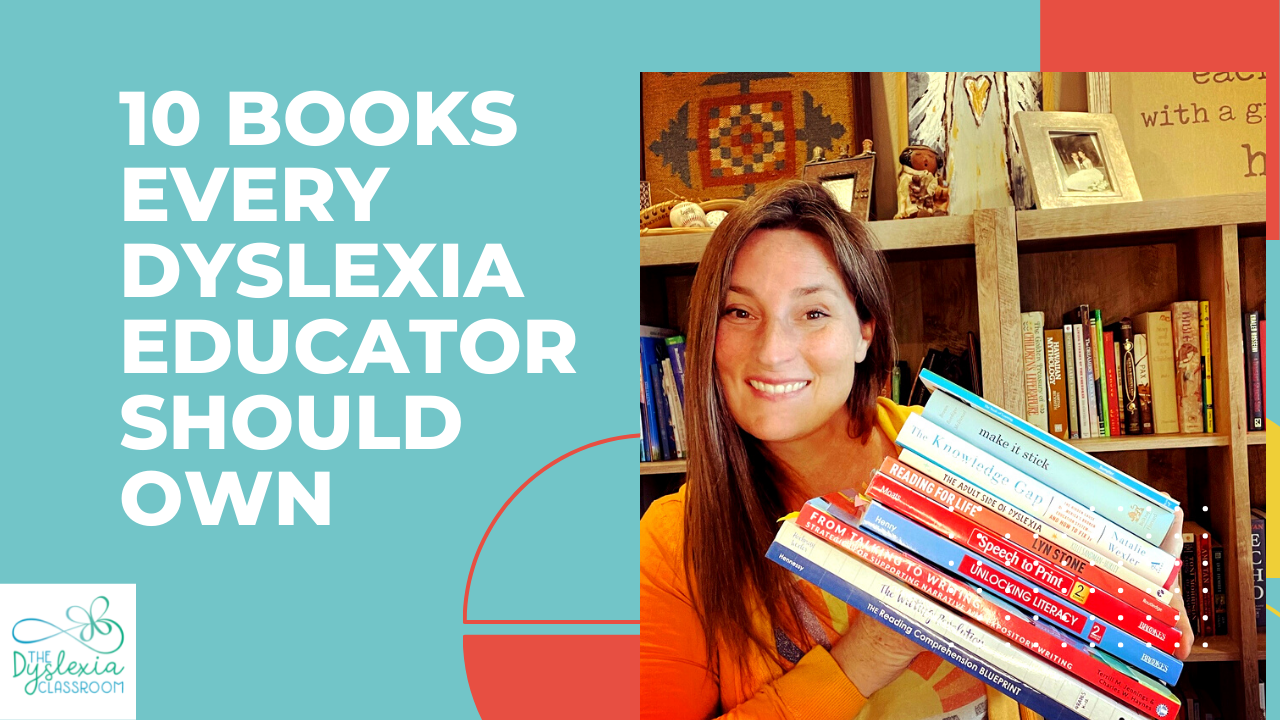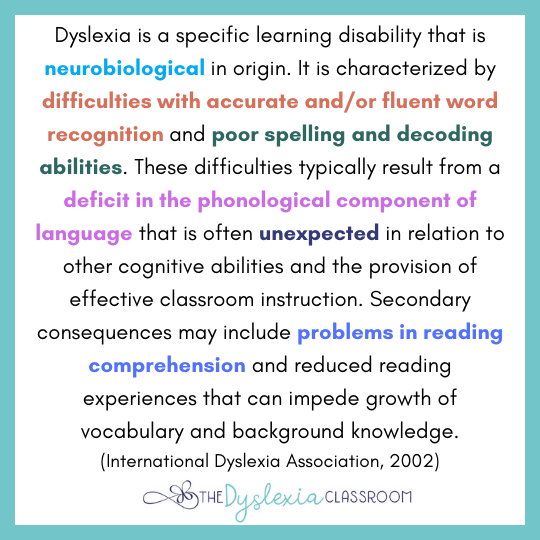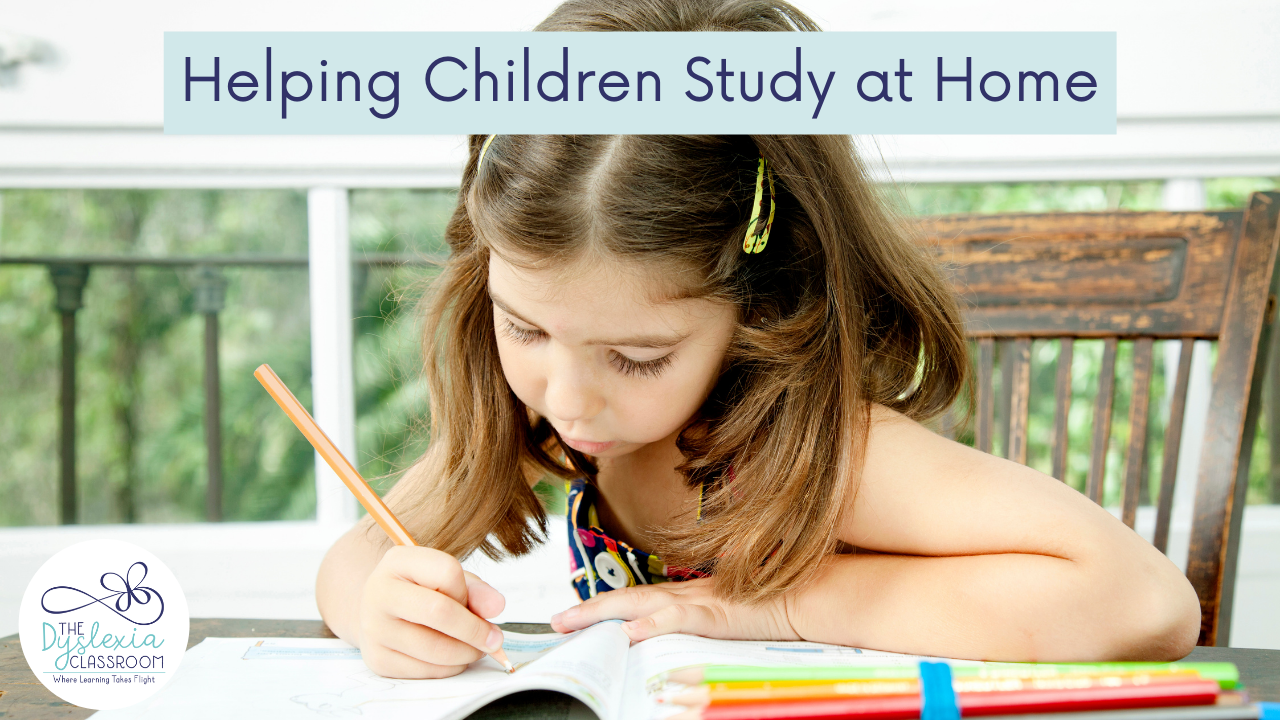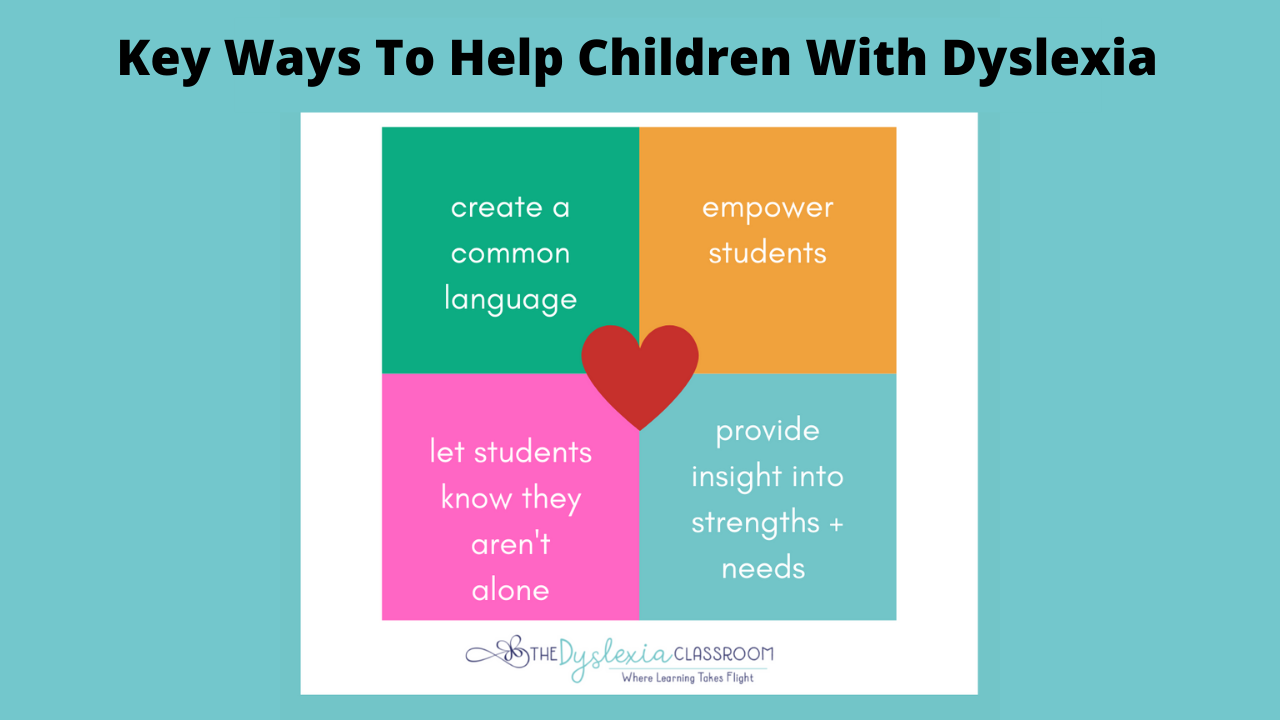How does questioning fit into explicit instruction?
Asking students questions has long been a teaching tool used to assess student knowledge, engage in conversations, and promote comprehension. Research shows that using questions in instruction is more effective than without; however, not all questions are the same. So often, we ask questions at the end of an assignment or lesson to determine student learning outcomes. When asked this way, our primary focus is on comprehension of a lesson or reading assignment, etc., but what if we used questions within our explicit instruction to guide students to learn a new concept?
Can our instruction include a discovery model of a concept while still being explicit instruction?
My answer is yes!
In our Orton-Gillingham approach, we use explicit and thoughtful questions to lead students to discover a concept. We do this in a multisensory way in which students engage in more than one sense at a time (see, hear, feel, move).
"Explicit instruction does not leave anything to chance...
10 Books Every Dyslexia Educator Should Own

If you are anything like me, you ran out of space on your bookshelf a long time ago but can't stop buying books! Seriously though, as educators, I believe that we are lifelong learners, and therefore, I tend to seek out books that further my knowledge and help me improve my craft of teaching.
If you follow me on Instagram, you will often see me sharing books for educators and students. In October, I shared my list of books every dyslexia educator should own. Read it HERE.
Now, I'm sharing ten more books about literacy, writing, learning, and dyslexia that I think are worth the reading.
Working memory is a topic that often comes up in meetings with parents and schools surrounding dyslexia. Some children have a learning profile that indicates a need for further assistance with working memory. You can catch an entire episode on working memory on the Together in Literacy podcast. Find the episode HERE.
The first two books I recommend are an excellent way to...
Is there a link between reversals and dyslexia?
While we want to be alert for the early indicators of dyslexia, there continues to be some misunderstandings surrounding reversals and dyslexia. One of the most frequent questions I receive from parents and educators alike is, "Is there a link between reversals and dyslexia?"
While many people identify reversals as a dyslexic trait, this is not a characteristic associated with dyslexia. There is no evidence that dyslexic minds see or read letters or words backward. In addition, dyslexia is not caused by a problem with vision but is linked to a phonological processing deficit. See the International Dyslexia Association definition on dyslexia below .

Reversals and Handwriting Development
Many children reverse letters as they begin to learn to read and write. As students learn letters and handwriting skills, we may see letter reversals until age 7 to 8. This is a normal age range for children to still have some reversals in their handwriting. Backward writing and reversals...
Why It's Important to Understand and Advocate Classroom Accommodations for Dyslexic Students

If you are in the world of dyslexia, then understanding and advocating for accommodations is part of the journey. Accommodations are essential for our children because they act as a bridge to access the curriculum.
Things like extra time, not marking off for spelling errors outside of a final draft, and not requiring reading aloud in front of peers are examples of some accommodations. While many people may not fully understand accommodations or how they work in the school and work setting, it is vital to address that they are tools and in no way unfair. Accommodations are not cheating or a crutch but a tool our students use to level the academic playing field and ensure equal learning access.
Top Teacher Tips for Parents To Help Students Study at Home

This week, I'm sharing 7 tips to help children study at home. As a teacher or practitioner, you might not find this post relevant, yet it is. Not only will these tips help parents who read this post, but as educators, we can continue to support our students by suggesting these strategies be put in place at home as we work with families in establishing good study skills that align with students' needs and that move learning forward.
Use Time Wisely
Setting aside designated time to work on assignments, papers, etc. is a good habit for all students but can be especially needed for students who require extra time to process information or complete tasks. Setting a timer and working on an assigned task within that time frame can help keep students focused on the task at hand. If the timer dings before the job is complete, take a mini-break or continue working if appropriate.
Ask for Assignments Ahead of Time
Just as our children may need extra time on assignments and tests...
The Importance of Knowing the Hidden Impacts of Dyslexia

As educators and parents, we often hyper-focus on the academic components surrounding reading and writing for dyslexic learners. This makes sense because dyslexia shows itself in the educational setting. And yet, there is so much more that dyslexia impacts. Unknown to most people, many impacts of dyslexia reside below the surface, hidden from view, yet their effects can be profound.
This posts' main image, , is a powerful reminder that what you see isn't the whole picture. This is especially true for our dyslexic learners.
Some things I often hear:
"But he/she is doing so well!"
"She is getting straight A's and is a model student."
"I don't think that he needs all of these accommodations. He is doing fine."
I often hear this once a student has broken the code or is older when identified as having dyslexia. They have developed excellent coping skills, are getting good grades, and are considered on grade level...but these successes don't tell the whole...
Assisting Students Who Struggle With Reversals
One of the biggest questions that I get asked from parents and educators is about the link between reversals and dyslexia.
Dyslexia is not a problem with vision. Many children reverse letters as they begin to learn to read and write. Some children may have vision issues as well, such as convergence insufficiency, but vision problems are not the primary cause of dyslexia and therefore treating dyslexia through approaches like colored lenses and eye exercises are not appropriate ways to treat dyslexia.
The American Academy of Pediatrics, the Council on Children with Disabilities, and the American Academy of Ophthalmology published a joint statement summarizing what is currently known about visual problems and dyslexia. The statement also covers what treatments are and are not recommended when diagnosing and treating vision problems, learning disabilities, and dyslexia.
You can read the full joint statement HERE.
Now, you may be wondering why some children...
Books Every Dyslexia Educator Should Own

Hi friends. One of my favorite places to go is into bookstores. Ever since I was little, I have loved walking the aisles of books, the smell of opening a new book, and the ability to write in my books (gasp!). For this reason, I tend to purchase just about every book I can find on my passions, especially literacy and dyslexia.
#1 Thing You Need to Understand About Dyslexia

Hi friends. As many of you know, October is Dyslexia Awareness Month. So, this week I'm chatting about one of the most important things you should know about dyslexia.
Dyslexia has nothing to do with intelligence. It is not a thinking disability. The apparent brightness often stumps parents and educators and leads to thinking that a dyslexic student needs to try harder or needs more time.
In a school setting, the understanding that dyslexia has nothing to do with intelligence can be overshadowed by the demands of reading, writing, and the quick pace of instruction. Our children are bright, yet they are sometimes overlooked as their day consists of activities that do not highlight their strengths. Instead, their struggles are on constant display. This constant feeling of playing catchup or struggling can profoundly impact a child's self-esteem, one that can last a lifetime.
We need to understand, and help students understand, that they are intelligent and thrive when...
7 Key Ways To Help Children With Dyslexia

Hi friends! This week I'm continuing our discussion on dyslexia, particularly how we can help our children with dyslexia. Have you ever paused and thought about how many times you are required to read throughout the day? Emails, notes, road signs, tickers under the news report, menus, letters, etc. The list goes on and on.
Reading well is something that many of us may take for granted. The ability to automatically see letters, and within milliseconds, have that transfer into a word connected to meaning. And yet, for many children and adults, literacy and reading well seem to be out of reach, but is it?
Absolutely not.
Our dyslexic learners, and all students, deserve instruction rooted in what the collective science says about how the brain learns to read. The ability to read well can no longer be accepted as something that is unattainable for specific groups.
We have years of research to show what is needed to unlock the reading code for our students, making reading well...




